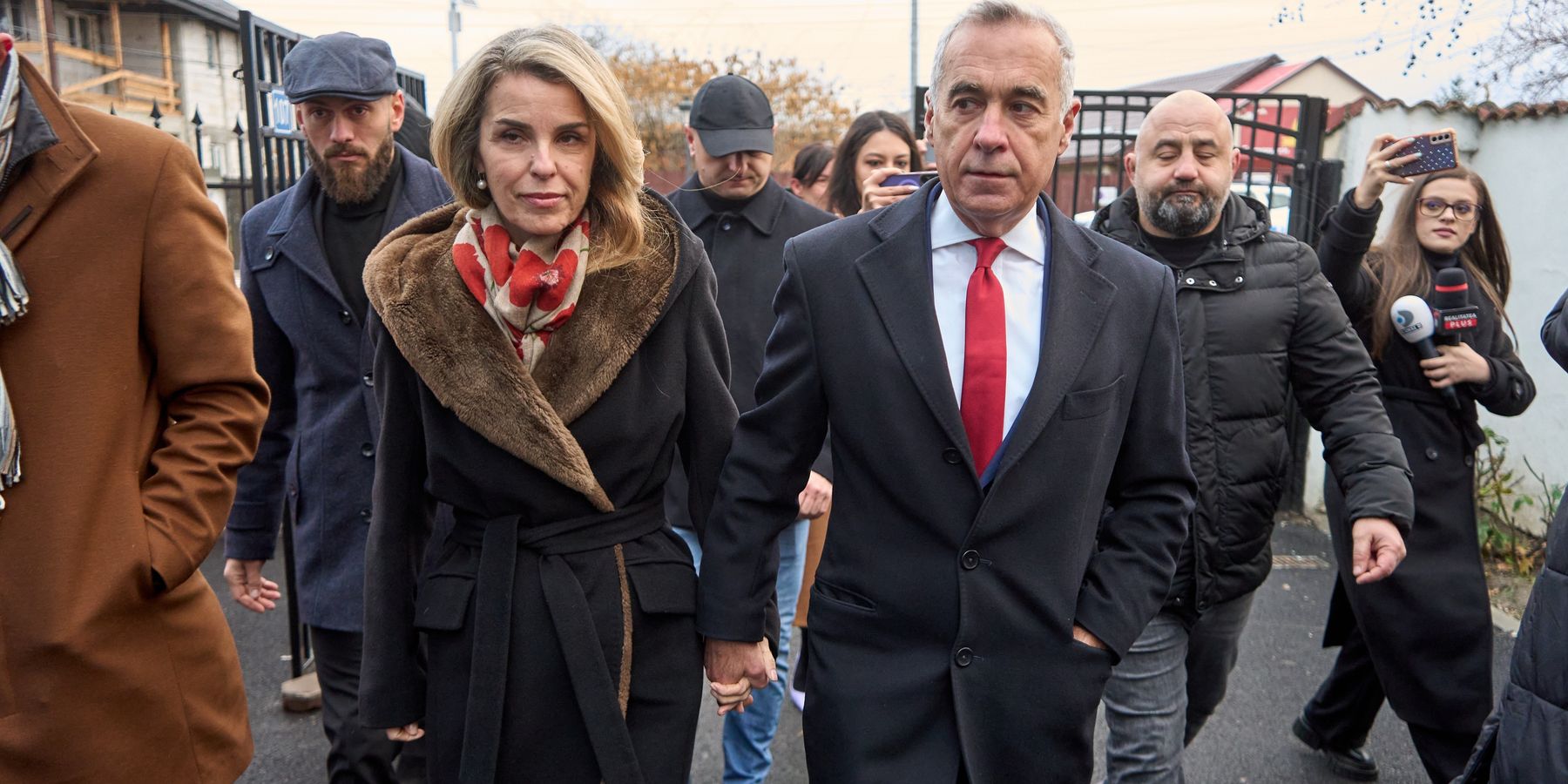The Romanian Constitutional Court’s unprecedented decision to annul the first round results in the country’s Nov. 24 presidential election and restart the contest from scratch raises somber questions about Romanian democracy at a time when the European Union is being swept by populist, eurosceptic waves.
The court, citing declassified intelligence reports, ruled that candidate Călin Georgescu unlawfully benefitted from a foreign-backed social media campaign that propelled him from an obscure outsider to the frontrunner by a comfortable margin. Romanian intelligence has identified the foreign backer as Russia. Authorities claim that Georgescu’s popularity was artificially inflated by tens of thousands of TikTok accounts that promoted his candidacy in violation of Romanian election laws.
Meanwhile, the European Commission has ordered TikTok to "preserve internal documents and information" related to its recommendation system, adding that it has not yet decided whether TikTok has violated its content moderation policies.
The ruling follows a court-ordered recount of the first round that found no irregularities or evidence of systemic voter fraud. It is not clear what new evidence emerged between the court’s decision to confirm the first round results and the subsequent annulment.
It has not been established even cursorily, let alone to a degree sufficient to pass for legally admissible evidence, that this alleged social media coordination had a specific electoral impact large enough to change or even significantly impact the results of the first round of voting.
It is, after all, not unusual for outsider candidates with little to no name recognition to reap the windfall from widespread anti-establishment sentiment in an election cycle where, as it appears, the more well-known anti-establishment candidates were too distrusted or disliked to hold on to the protest vote.
In a two-round voting system, the second round is itself a built-in corrective that gives voters a separate chance to assess the candidates.
The Constitutional Court, by upending this process, has done more to erode voters’ faith and confidence in the country’s democratic institutions than anything Moscow could have hoped to achieve through its hybrid influence operations. This move has lent credence to Georgescu’s anti-establishment, populist message in a way that is likely to further boost his electoral appeal, making it tactically ill-advised in addition to all the other procedural concerns that have been heaped on it.
It is not insignificant in light of these political considerations that Georgescu’s opponent in the second round, Elena Lasconi, has forcefully opposed the annulment.
“Today is the moment when the Romanian state has trampled on democracy,” she said. “We should have gone ahead with the vote. We should have respected the will of the Romanian people, whether we like it or not, legally and legitimately, nine million Romanian citizens, both at home and in the diaspora, have expressed their preference for a particular candidate by voting.”
There is an unmistakable geopolitical specter looming over Romania’s constitutional crisis. Georgescu is an avowed eurosceptic who — like his Slovakian, Hungarian, and to some extent Bulgarian counterparts — has been critical of NATO’s approach to the Ukraine war at a time when the French and German governments are facing major challenges of their own.
These headwinds augur not just a potential European peeling away from the Biden-led united front on Ukraine, but a larger shake-up in the transatlantic relationship both Washington and Brussels should tackle frankly and proactively, not as a fire to be put out but as an opportunity to place the U.S.-EU relations on a more sustainable strategic footing.
















